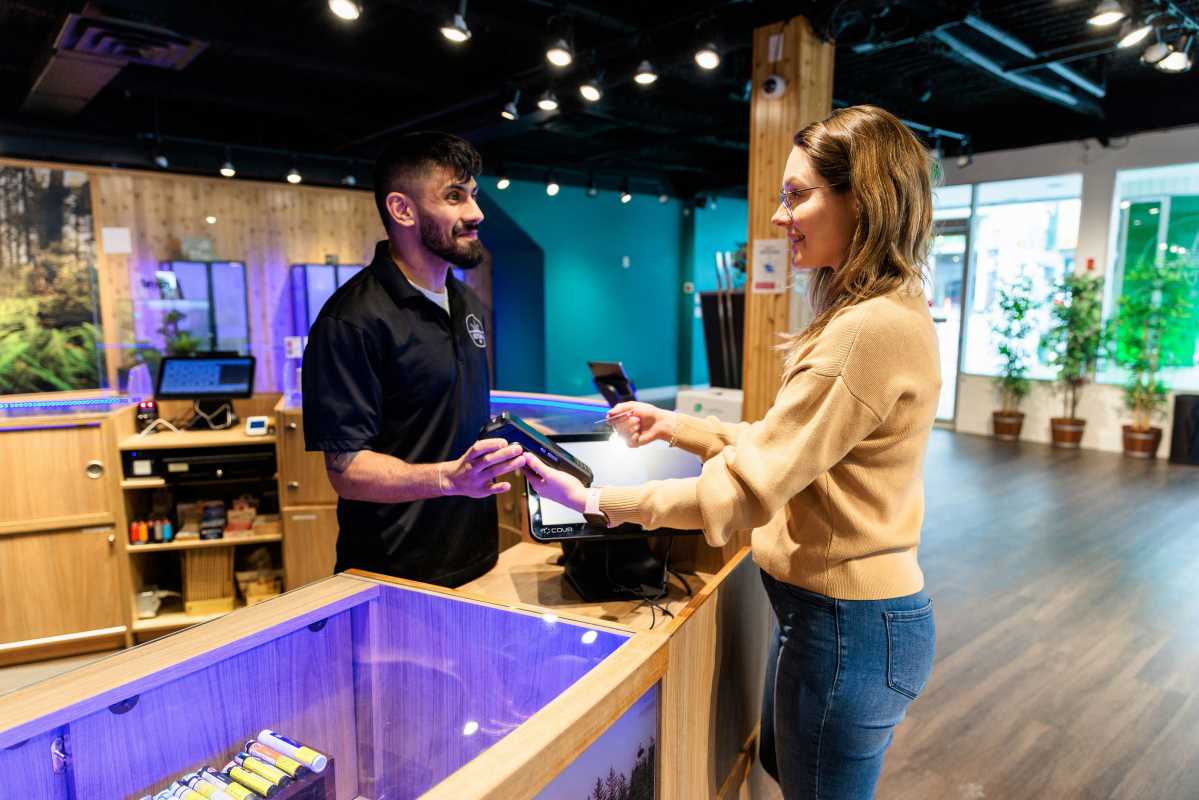Creating personalized experiences is crucial for businesses aiming to establish lasting connections with their customers. When companies tailor their services and offerings to meet individual needs and preferences, they not only cultivate loyalty but also significantly enhance customer satisfaction and retention rates. Here’s a deeper look into how personalized experiences can help build customer loyalty:
Understanding Customer Preferences
One of the fundamental ways to achieve personalization is by collecting and analyzing data on customer preferences. Businesses can utilize various tools, such as surveys, purchase histories, and online behavior tracking, to gather valuable insights. This information allows companies to craft personalized experiences tailored to the unique needs of each client. For instance, a retail brand might recommend products based on a customer's previous purchases or browsing history. By offering personalized product suggestions, businesses can create a shopping experience that feels more relevant and engaging to the customer. When clients feel understood, they are more likely to return, fostering loyalty and long-term relationships.
Enhancing Customer Engagement
Personalized experiences also enhance customer engagement. Companies can create tailored content that resonates with their audience, whether it’s through customized emails, targeted advertisements, or exclusive promotions. For example, a business might send a birthday discount to customers, making them feel special and appreciated. This level of attention can keep customers interested and involved with the brand. Enhanced engagement through personalization often leads to stronger relationships and fosters loyalty over time. When customers know a brand values them as individuals, they are more likely to engage positively and frequently.
Improving Customer Service
Personalization in customer service interactions can significantly impact customer loyalty. When a business remembers past interactions, addresses customers by their names, and tailors solutions to their specific needs, it creates a memorable experience. For example, if a customer reaches out with a complaint, a representative who is aware of the customer's purchase history can provide a more effective and personalized solution. This level of service not only resolves issues but also shows customers that the brand values them as individuals. Such thoughtful interactions can significantly enhance the overall customer experience, leading to repeat business.
Creating Emotional Connections
Personalized experiences have the unique ability to forge emotional connections with customers. When businesses take the time to understand their clients’ preferences and anticipate their needs, they demonstrate genuine care. For instance, a hotel that remembers a guest's preferences for room type and amenities can create a welcoming atmosphere that feels personalized. These emotional connections often result in long-term loyalty, as customers are more likely to return to brands that make them feel valued and understood. When clients feel emotionally invested in a brand, they are also more likely to share their positive experiences with others, becoming brand advocates in the process.
Building Trust
Trust is a cornerstone of customer loyalty, and personalized experiences play a vital role in building it. When customers feel understood and valued, they are more likely to trust a brand. Consistently delivering personalized experiences that meet or exceed expectations fosters this trust. For example, a financial institution that provides tailored financial advice based on a customer's specific situation demonstrates its commitment to the client's best interests. As trust grows, so does customer loyalty, leading to increased retention and positive word-of-mouth referrals.
Leveraging Technology
In today’s digital age, leveraging technology is key to achieving personalization. Customer relationship management (CRM) systems, artificial intelligence (AI), and data analytics tools allow businesses to gather and analyze customer data more effectively. By utilizing these technologies, companies can segment their audience and deliver targeted communications that resonate with each group. For example, a streaming service might use viewing history to recommend shows and movies, creating a personalized viewing experience. The more relevant the content, the more engaged the customer will be.
Feedback and Adaptation
Another vital aspect of personalization is the continuous feedback loop. Businesses should actively seek customer feedback to refine and improve their personalized offerings. Surveys, reviews, and social media interactions provide insights into customer preferences and satisfaction levels. By adapting their strategies based on this feedback, businesses can ensure they remain aligned with their customers' evolving needs, further solidifying loyalty.
Building customer loyalty through personalized experiences is a powerful strategy for businesses looking to create long-lasting relationships with their clients. By understanding customer preferences, enhancing engagement, improving customer service, creating emotional connections, and building trust, companies can cultivate deeper loyalty and drive business growth. As we move forward in an increasingly competitive market, businesses that prioritize personalization will not only thrive but also create a loyal customer base that champions their brand. In a world where consumers have countless choices, standing out through personalized experiences can make all the difference.







